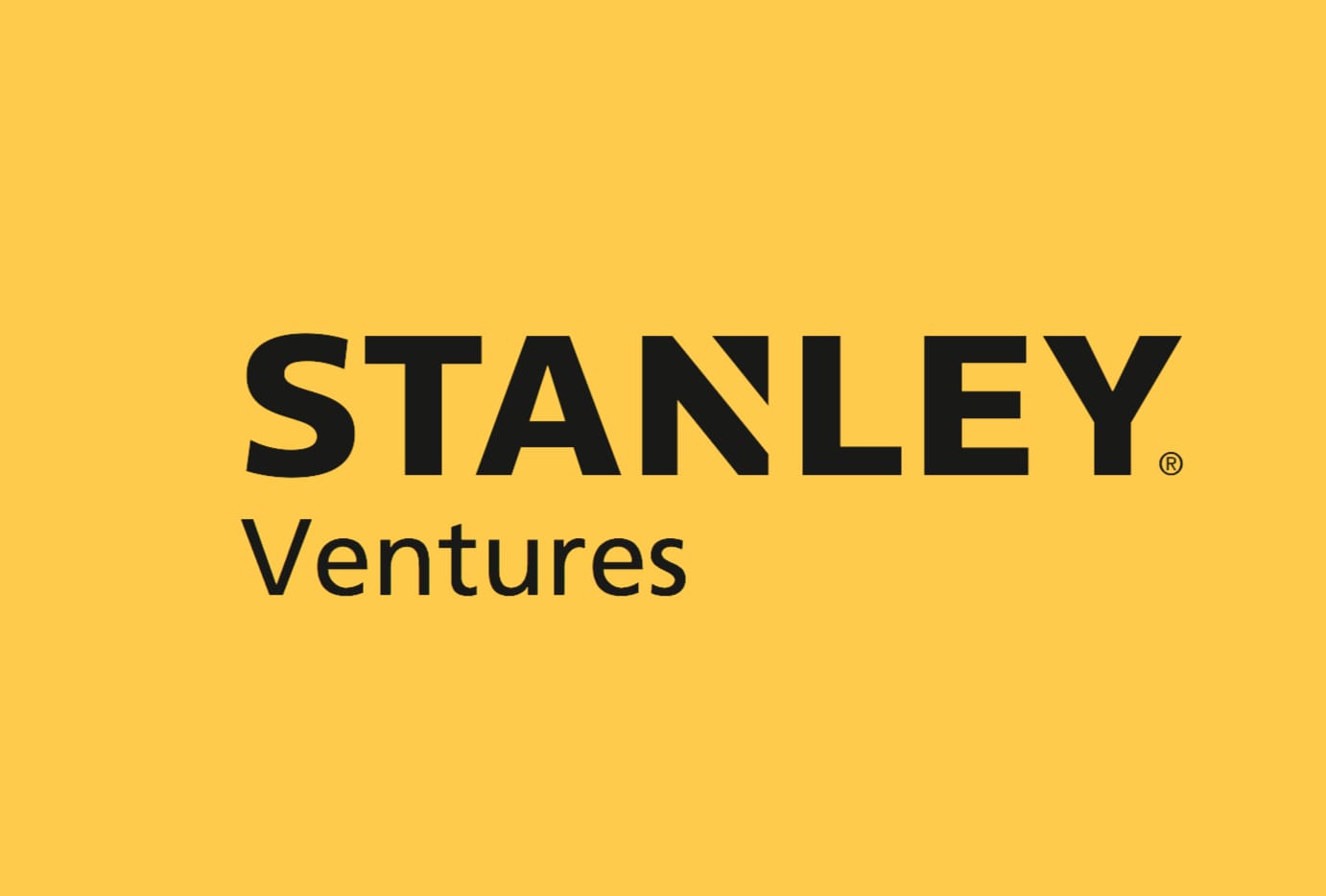
For some reason, power tool maker Stanley Black & Decker is investing heavily in a number of 3D printing ventures.
I noticed something was going on the other day when it was reported they had been one of the investors in the ADAM Project. It was surprising to me they, a maker of power tools, would be investing in a seemingly unrelated 3D printing project.
But then I recalled several stories in Fabbaloo about them recently:
Stanley Black & Decker is also a customer for companies like Desktop Metal and Frustum.
This is curious, so I decided to perform a brief investigation.
The investments are actually being made by Stanley Ventures, not Stanley Black & Decker proper. This is their separate investment arm. They say of their purpose:
“Our mission is to deliver cutting-edge innovation to Stanley Black & Decker from the outside. We do this by investing in startups, bringing Stanley Black & Decker resources to the startup community, and maximizing the value of startups by integrating their innovation into Stanley Black & Decker.”
An inspection of their investment portfolio reveals a collection of startup companies that would indeed benefit Stanley Black & Decker, if they were successful. We find, for example, an electrical technology company, which might benefit power tools. We find an indoor position locator company, suggesting they may in the future offer power tools that can be automatically located, or perhaps allow for efficiencies on their manufacturing floor.
But among their companies are several related to 3D printing:
-
MetalMaker 3D, a startup building a metal 3D printing solution based on investment casting.
-
Veloxint, a startup developing “novel metal alloys” that could enable “more efficient processing”.
-
Fabric8Labs, a startup developing a non-thermal metal 3D printing process called “Electrochemical Additive Manufacturing”
-
Evolve Additive Solutions, a startup developing a 3D print-based mass manufacturing process for thermoplastics with “STEP” technology.
-
Kwambio, a startup providing ceramic 3D printers and services.
-
AstroPrint, a startup operating an intelligent 3D print cloud.
-
Calt Dynamics, a startup developing a new printing process called Physical Mask Curing for high-resolution prints.
In addition, there are several robotics companies in their portfolio. While not directly 3D printing, robotics is becoming more important to the technology as it’s becoming recognized that 3D printing is only part of the manufacturing process. To integrate 3D printing into the process, robotics are often considered as a means to shuttle work to and fro.
These companies represent 7 of their 22 investments within their portfolio, or about a third. That’s significant.
While Stanley Ventures’ home base is Atlanta, their small team also has a presence in Boston, one of the world’s hotbeds of 3D printing startups, and also in Frankfurt, home to the largest 3D printing exhibition on the planet, Formnext. Coincidence? Perhaps.
For Stanley Black & Decker, this is obviously a play on the future. They’re hoping one or more of these companies realizes their dreams and thus the new tech can be used to manufacture power tools or other products.
For 3D printer companies, the appearance of Stanley Ventures is important as they can now be viewed as a possible investor. Thus, startup companies seeking investment might consider giving them a call.
Via Stanley Ventures











A blog post reveals much of what happens behind the scenes at 3D print service Shapeways.